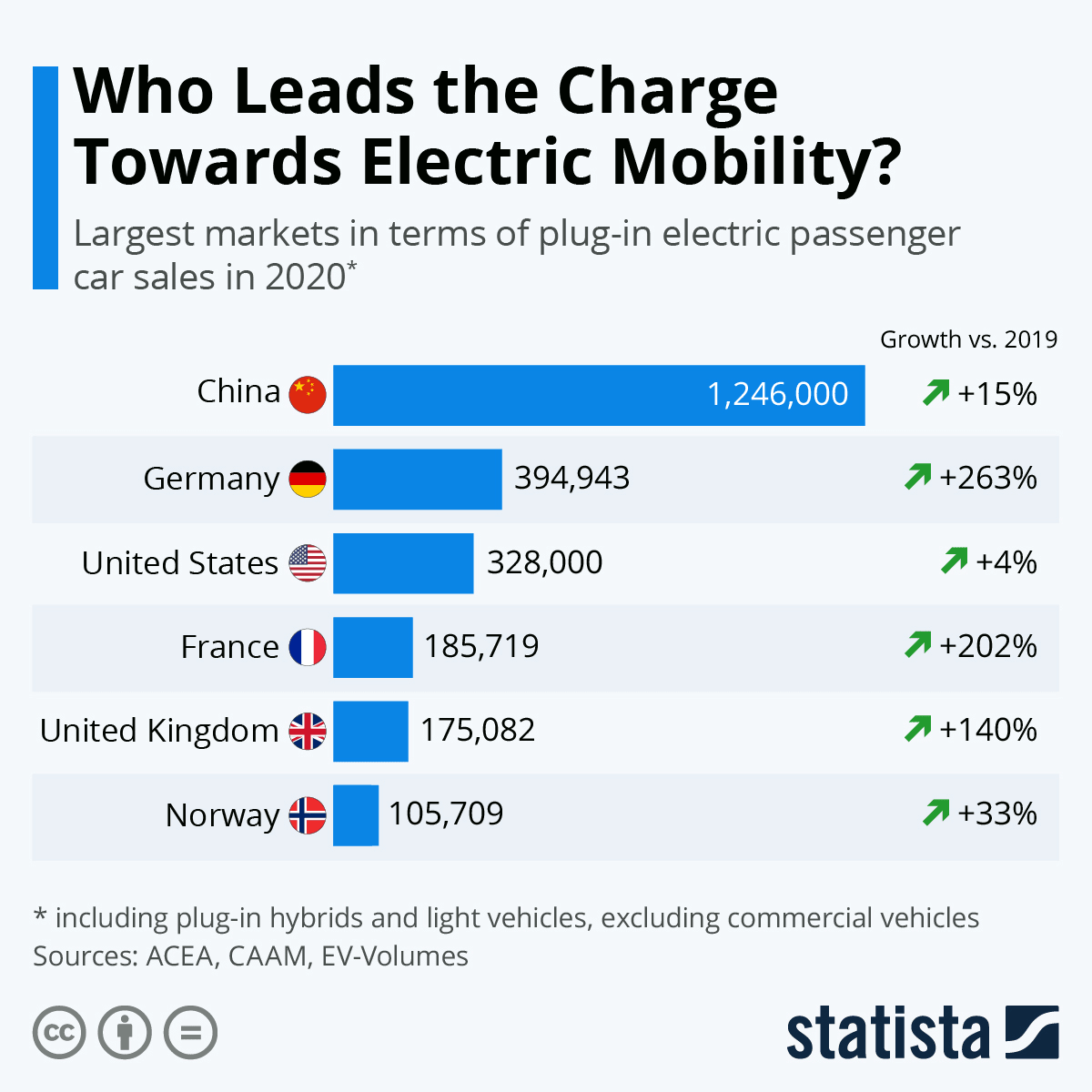On May 16th 2022 I wrote an article on who would win and lose from the Ukraine war. Summarizing, the big loser was obviously Ukraine. Even if they “win” they’ve lost millions of population who are never coming back and odds are they’re going to lose a chunk of their country on top of that.
Europe loses because of the economic effects: industry fleeing Europe to the US. They get some increased unity, but in a world where Europe is already in decline, this is a loss.
Russia I said would be about a draw: they’ll get some land, but Sweden and Finland joining NATO and the EU firmly set in place as US satrapies isn’t good for them.
The US—, well, I’ll quote myself.
The final major effect for the US is that freezing Russian reserves and encouraging the massive level of sanctions, is seen by most of the world as evidence it’s not safe to keep money in the US lead banking system, or even to trade with them. This has accelerated de-dollarization and I suspect will be seen as the precipitating event of losing reserve status for the American dollar. The world will split into two financial blocs, one centered around China-Russia, the other around the US-EU. The US receives huge benefits from reserve status and from being at the center of the world financial system, and as with Britain after WWI, it will suffer mightily when it loses this position.
My evaluation is that what the US will likely gain from the Ukraine war is less than it has or will lose: dollar hegemony and being the financial center of the world are a big deal, and confirming Russia as a junior Chinese ally makes their main geopolitical rival far stronger.
It’s clear this is happening. Multiple nations joining the BRICS; ASEAN creating its own trading currency; oil being sold in Yuan, and so on.
The US and the West in general had a BIG GUN. That big gun was going all out on sanctions, using their central position in the world monetary and trade system as a weapon. The US had been using this position coercively ever since WWII, but it really ramped up under Clinton and each President thereafter doubled down. Nations were genuinely scared of this power, seeing what it did Iran and Cuba and Venezuela and so on.
But the world changed. China became the most powerful manufacturing power. Russia recovered somewhat and became a huge net resource producer, including of food. The late USSR couldn’t feed itself, Russia can. China became the main trading partner for almost every nation in South America and Africa. The US declared China its main enemy, and China looked at the US and saw it was vulnerable to a blockade.
And so the sanctions failed, because China and most of the non-Western world, including India, didn’t cooperate.
The BIG GUN had been fired. The one everyone was scared of. And not only didn’t it work, the blowback damaged Europe.
It did damage Russia somewhat, but by not taking Russia out it showed that one could leave the system without being destroyed. And so that’s what’s happening.
Meanwhile, as inflation (largely from Covid, but much from the war) shuddered through the West, the US raised interest rates massively. This caused all the countries who owed money in US dollars extreme harm.
Being exposed to the US dollar was clearly a liability. A big one. Going off the dollar used to seem insurmountable but Russia had gone off it and while it lost a bit of GDP, basically done OK, because China and other countries supported it.
And if Russia could do it, well, so could other nations.
And so they are.
As for America, it reminds me of a 60 year old who still thinks he’s 40 and in training. “I can take him!” This isn’t the America of 1950, or 1990 or even 2000. This is a weak America, visibly become weaker.
Nobody likes America. Not even the Brits (outside their elites, who like America the way a poodle likes its owner.) Everybody was terrified of America.
Now a lot of them are only scared. And when you’re only scared, not terrified, you take action to protect yourself against whomever you’re scared by.
So, I have to say that I’m moving America from the “slight loss” column over to the big loss. It’ll take longer than Ukraine to be obvious, but the train is in motion and it isn’t stopping. Pax Americana is a zombie; it’s still shuffling along, but it’s functionally dead and only waiting for decay to reduce it to a shambling heap.
This is a donor supported site, so if you value the writing, please DONATE or SUBSCRIBE


